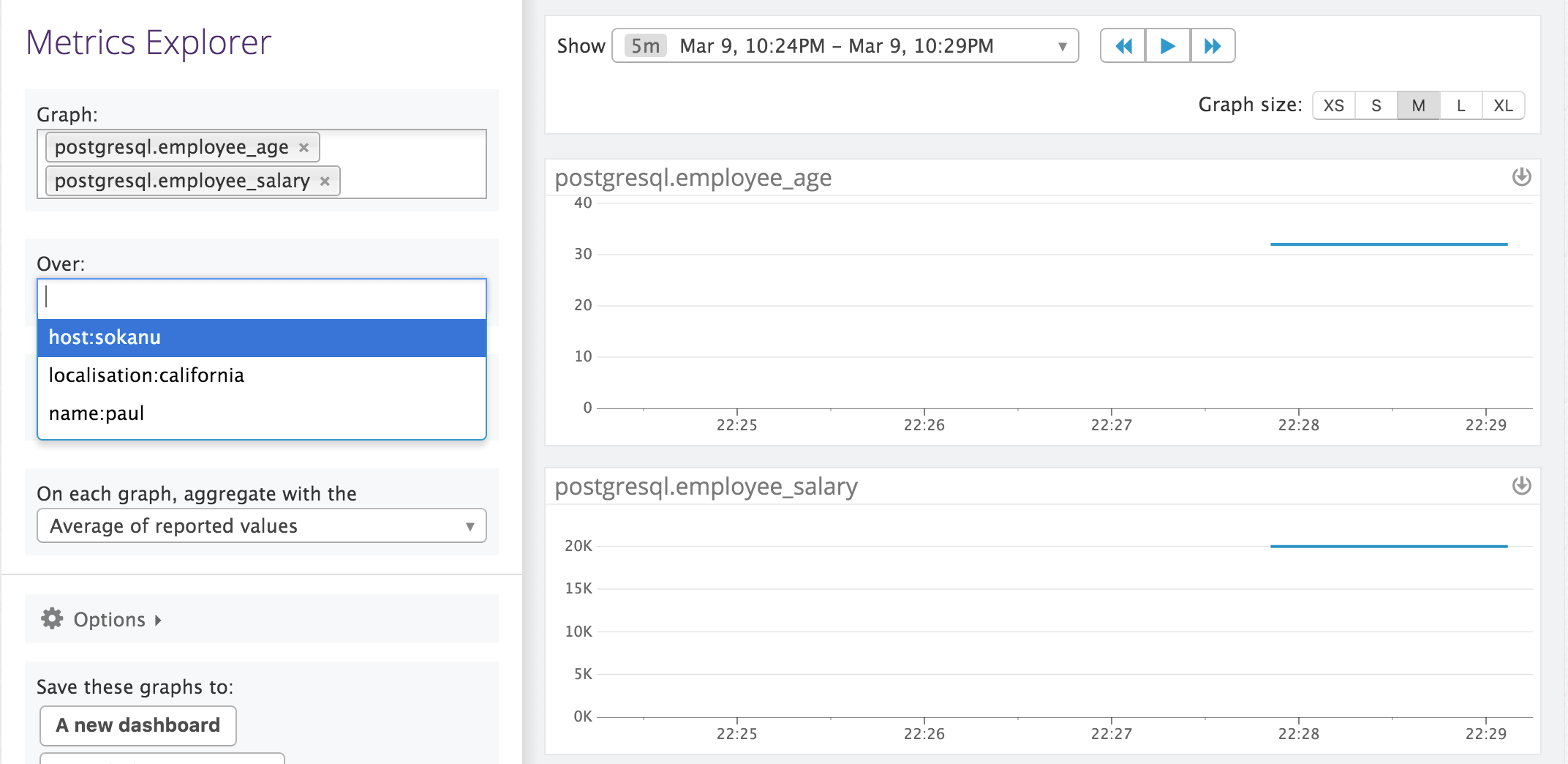- 重要な情報
- はじめに
- Datadog
- Datadog サイト
- DevSecOps
- AWS Lambda のサーバーレス
- エージェント
- インテグレーション
- コンテナ
- ダッシュボード
- アラート設定
- ログ管理
- トレーシング
- プロファイラー
- タグ
- API
- Service Catalog
- Session Replay
- Continuous Testing
- Synthetic モニタリング
- Incident Management
- Database Monitoring
- Cloud Security Management
- Cloud SIEM
- Application Security Management
- Workflow Automation
- CI Visibility
- Test Visibility
- Intelligent Test Runner
- Code Analysis
- Learning Center
- Support
- 用語集
- Standard Attributes
- ガイド
- インテグレーション
- エージェント
- OpenTelemetry
- 開発者
- 認可
- DogStatsD
- カスタムチェック
- インテグレーション
- Create an Agent-based Integration
- Create an API Integration
- Create a Log Pipeline
- Integration Assets Reference
- Build a Marketplace Offering
- Create a Tile
- Create an Integration Dashboard
- Create a Recommended Monitor
- Create a Cloud SIEM Detection Rule
- OAuth for Integrations
- Install Agent Integration Developer Tool
- サービスのチェック
- IDE インテグレーション
- コミュニティ
- ガイド
- API
- モバイルアプリケーション
- CoScreen
- Cloudcraft
- アプリ内
- Service Management
- インフラストラクチャー
- アプリケーションパフォーマンス
- APM
- Continuous Profiler
- データベース モニタリング
- Data Streams Monitoring
- Data Jobs Monitoring
- Digital Experience
- Software Delivery
- CI Visibility (CI/CDの可視化)
- CD Visibility
- Test Visibility
- Intelligent Test Runner
- Code Analysis
- Quality Gates
- DORA Metrics
- セキュリティ
- セキュリティの概要
- Cloud SIEM
- クラウド セキュリティ マネジメント
- Application Security Management
- AI Observability
- ログ管理
- Observability Pipelines(観測データの制御)
- ログ管理
- 管理
Postgres Custom Metric Collection
このページは日本語には対応しておりません。随時翻訳に取り組んでいます。翻訳に関してご質問やご意見ございましたら、お気軽にご連絡ください。
To collect custom metrics with the Postgres integration, use the custom_queries option in the conf.d/postgres.d/conf.yaml file at the root of your Agent’s configuration directory. See the sample postgres.d/conf.yaml for more details.
Note: When generating custom metrics that require querying additional tables, you may need to grant the SELECT permission on those tables to the Postgres user. Example: grant SELECT on <TABLE_NAME> to <USER>;
Configuration
custom_queries has the following options:
| Option | Required | Description |
|---|---|---|
| metric_prefix | Yes | Each metric starts with the chosen prefix. |
| query | Yes | This is the SQL to execute. It can be a simple statement or a multi-line script. All of the rows of the results are evaluated. Use the pipe if you require a multi-line script. |
| columns | Yes | This is a list representing each column ordered sequentially from left to right. There are 2 required pieces of data: - name: This is the suffix to append to the metric_prefix to form the full metric name. If the type is specified as tag, the column is instead applied as a tag to every metric collected by this query.- type: This is the submission method (gauge, count, rate, etc.). This can also be set to tag to tag each metric in the row with the name and value (<name>:<row_value>) of the item in this column. |
| tags | No | A list of static tags to apply to each metric. |
Notes
At least one of the items in defined
columnsshould be a metric type (gauge,count,rate, etc.).The number of items defined in
columnsmust equal the number of columns returned in the query.The order in which the items in
columnsare defined must be same order returned in the query.custom_queries: - query: Select F3, F2, F1 from Table; columns: - {name: f3_metric_alias, type: gauge} - {name: f2_tagkey , type: tag } - {name: f1_metric_alias, type: count} [...]
Example
Database and table
Below is the company table from testdb database. The table contains 3 employee records:
testdb=# SELECT * FROM company;
id| name | age| address |salary | entry_date | last_raise_time
-------------------------------------------------------------------
1 | Paul | 32 | California | 20000 | 1457570000 | 1457570300
2 | Allen | 25 | Texas | 30000 | 1457570060 | 1457570300
3 | Teddy | 23 | Norway | 45000 | 1457570120 | 1457570300
From a SQL query to the YAML configuration
The goal is to capture the age and salary of Paul as metric values with his name and address as tags.
SQL query:
SELECT age,salary,name,address FROM company WHERE name = 'Paul'
Corresponding custom_queries YAML configuration:
custom_queries:
- metric_prefix: postgresql
query: SELECT age,salary,name,address FROM company WHERE name = 'Paul'
columns:
- name: employee_age
type: gauge
- name: employee_salary
type: gauge
- name: name
type: tag
- name: localisation
type: tag
tags:
- query:custom
After updating the Postgres YAML file, restart the Datadog Agent.
Validation
To verify the result, search for the metrics using the Metrics Explorer:
Debugging
Run the Agent’s status subcommand and look for postgres under the Checks section:
postgres
--------
- instance #0 [ERROR]: 'Missing metric_prefix parameter in custom_queries'
- Collected 0 metrics, 0 events & 0 service checks
Additionally, the Agent’s logs may provide useful information.
Further Reading
お役に立つドキュメント、リンクや記事:

